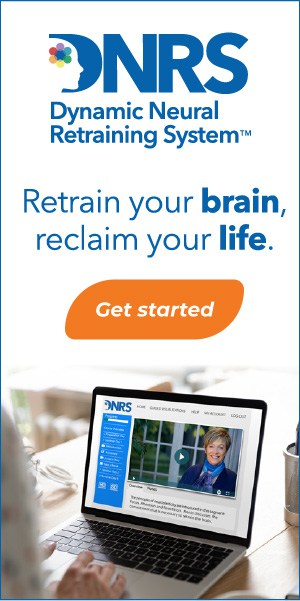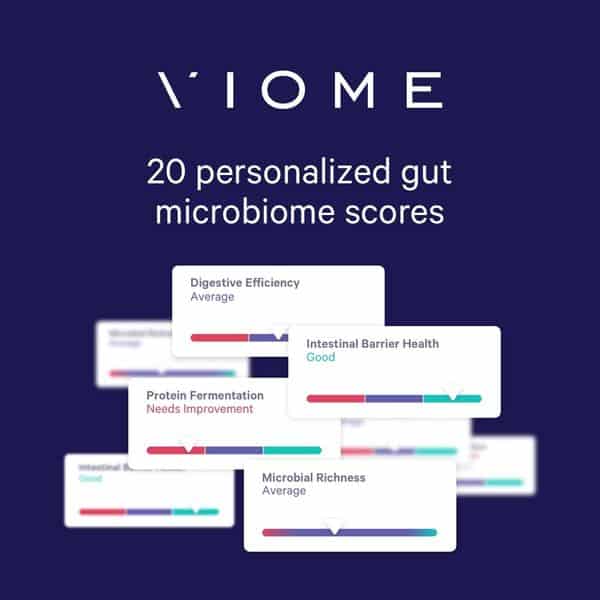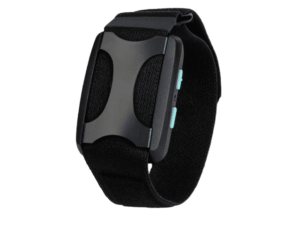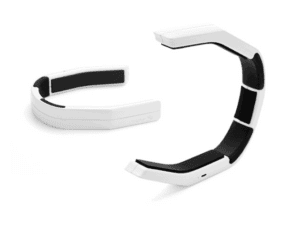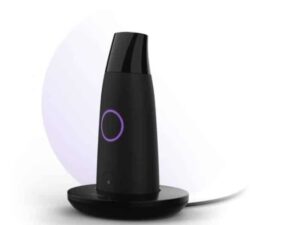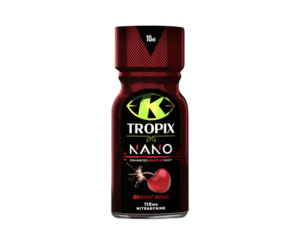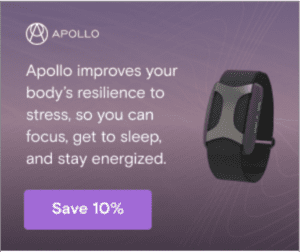Gamma-aminobutyric acid (GABA) is the brain’s primary inhibitory neurotransmitter, meaning it calms down excessive neuronal firing activity to create balance in the central nervous system. Having optimal levels of GABA is key for relaxation, reducing anxiety, easing muscle tension, quieting the mind for sleep, and even supporting focus and cognitive function when we’re awake.
However, many people have a deficiency of this calming neurotransmitter due to chronic stress, poor diet, medications, brain trauma, and other lifestyle factors depleting GABA levels over the long term.
The good news is GABA levels can be increased naturally through supplementation, dietary changes, and stress-relieving practices like meditation. When GABA is optimized, individuals commonly report benefits such as:
- Reduced feelings of anxiety
- Lower muscle tension and spasticity
- A calmer, more balanced nervous system
- Improved sleep quality and sleep onset
- Enhanced concentration and working memory
If you struggle with anxiety, restless sleep, muscle tension, or want to give your GABA system a boost, here are my top six tips for optimizing your levels naturally.

GABA Brain Food By Natural Stacks
Support the normal, healthy production of GABA.
Biohack Your Brainpower
1. Reduce Chronic Stress
Chronic stress is well-understood to deplete key neurotransmitters like GABA, serotonin, dopamine, leading to mood and cognitive issues over time. Prioritizing daily stress relief through yoga, meditation, adaptogenic herbs, saunas, or taking regular mental health days gives your GABA system a chance to rebuild and recover. This leads to improved sleep quality, reduced anxiety, and more over the long term.
2. Eat GABA-Supporting Foods
Ensure you regularly consume foods rich in glutamate and vitamin B6, as these are converted to GABA in the body. Top GABA-boosting foods include halibut, spinach, broccoli, almonds, lentils, whole grains, and fermented foods like kimchi, pickles, and kefir which contain probiotics to support the GABA-synthesis process. Limit intake of artificial additives, alcohol and caffeine, which can hinder GABA function.
Learn More: Coffee and Gut Health: The Truth About Your Daily Brew’s Biome Benefits
3. Take GABA Supplements
Supplemental GABA can give levels an immediate boost. Clinical research finds it exerts an anti-anxiety effect by binding to GABA receptors in the nervous system like endogenous GABA. GABA supplements have also been shown in studies to improve sleep quality by shortening the time it takes to fall asleep and extending time in deeper, restorative sleep stages. The best delivery forms include sublingual GABA for fast absorption and gabapentin for improved bioavailability. Top GABA supplement brands recommended for reducing anxiety and improving sleep include:
The suggested dosing is 500-750 mg of GABA 30 minutes before going to sleep. Those with anxiety can take another 250 mg dose earlier in the day. Start low and increase slowly while monitoring effects.
4. Prioritize Restorative Sleep
GABA not only improves sleep quality but sleep is vital for allowing the body to replenish neurotransmitter stores like GABA after they’ve been depleted by daily stress. Without enough GABA available we struggle to transition smoothly into those restorative slow wave and REM sleep stages. Simple changes like limiting blue light exposure in the evening, keeping your bedroom cool, and taking sleep-supportive supplements like glycine, magnesium, and theanine can work wonders.
5. Exercise More Often
Engaging in regular moderate aerobic exercise and strength training causes a surge in neurotransmitters like serotonin, endorphin, and GABA. Over time, this helps normalize levels, reducing anxiety and nervous system imbalance. Yoga for anxiety and light cardio like walking are especially great for supporting GABA function. Exercising outdoors in nature provides even greater mood-elevating, GABA-boosting benefits, so hit the trails or beach when possible!
Learn More: The Best Nootropic Supplements To Enhance Your Yoga Practice
6. Explore Biohacking Techniques
Progressive modalities like PEMF therapy, red light therapy and float tanks leverage mechanisms that stimulate GABA synthesis and receptors for profound relaxation and anxiety relief. One study on red light therapy and mental health found just 12 minutes of 670nm LED light doubled GABA levels and decreased the stress hormone cortisol by 28%. Likewise, research on PEMF treatment observed increased GABA within 85 minutes of applying the electromagnetic pulses. Give these a try and feel the rapid benefits!
Taking a comprehensive, multifaceted approach optimizes your ability to enhance GABA for reduced anxiety and improved sleep. This includes dietary changes, stress management, exercise, targeted supplementation, and biohacking techniques. Over time, you’ll notice feeling calmer, sleeping better, having less muscle tension, and greater mental clarity.
Now, I’d love to hear from you in the comments about your personal experience optimizing GABA levels! Have you noticed benefits in terms of better sleep, less anxiety, or increased ability to relax? Which lifestyle changes or supplements have you found to be most helpful? I look forward to continuing the conversation below!
Frequently Asked Questions
How long does it take for GABA supplements to start working?
Most people notice initial effects from GABA supplementation on sleep quality and anxiety within 2-4 weeks. Maximum benefits are typically experienced after consistent daily use for 2-3 months.
Are there drug interactions I should know about with GABA supplements?
Most people notice initial effects from GABA supplementation on sleep quality and anxiety within 2-4 weeks. Maximum benefits are typically experienced after consistent daily use for 2-3 months.
Can GABA supplements be taken long-term or will the body build up a tolerance?
GABA has not been shown to cause tolerance with sustained use. However, periodic breaks from supplementation such as 5 days off per month can help maintain optimal responsiveness.
What’s the most GABA I can safely take per day?
Doses up to 750 mg daily are generally well-tolerated when taken according to label instructions. As with any supplement start low, increase gradually and discuss larger doses with your healthcare provider first.
Recommended GABA Supplements

GABA Supplement by Thorne Research

GABA Calming Support by BrainMD
References
- Abdou, A. M., Higashiguchi, S., Horie, K., Kim, M., Hatta, H., & Yokogoshi, H. (2006, January). Relaxation and immunity enhancement effects of γ-aminobutyric acid (GABA) administration in humans. Biofactors (Oxford, England). https://pubmed.ncbi.nlm.nih.gov/16971751/
- Nuss, P. (2015). Anxiety disorders and GABA neurotransmission: a disturbance of modulation. Neuropsychiatric disease and treatment. https://www.ncbi.nlm.nih.gov/pmc/articles/PMC4303399/
- Nasir M, Trujillo D, Levine J, Dwyer JB, Rupp ZW, Bloch MH. Glutamate Systems in DSM-5 Anxiety Disorders: Their Role and a Review of Glutamate and GABA Psychopharmacology. Front Psychiatry. 2020;11:548505. Published 2020 Nov 19. doi:10.3389/fpsyt.2020.548505. PMCID: PMC7710541. PMID: 33329087. https://www.ncbi.nlm.nih.gov/pmc/articles/PMC7710541/



